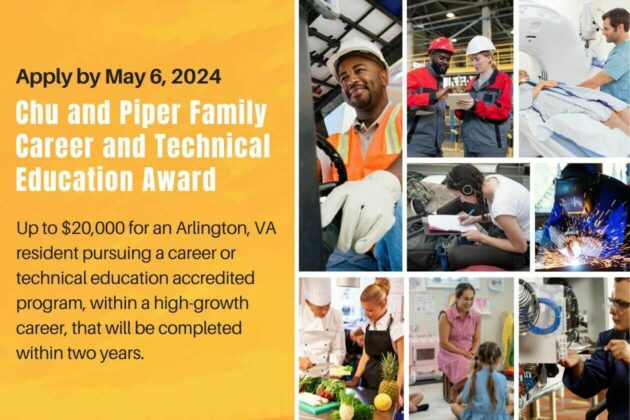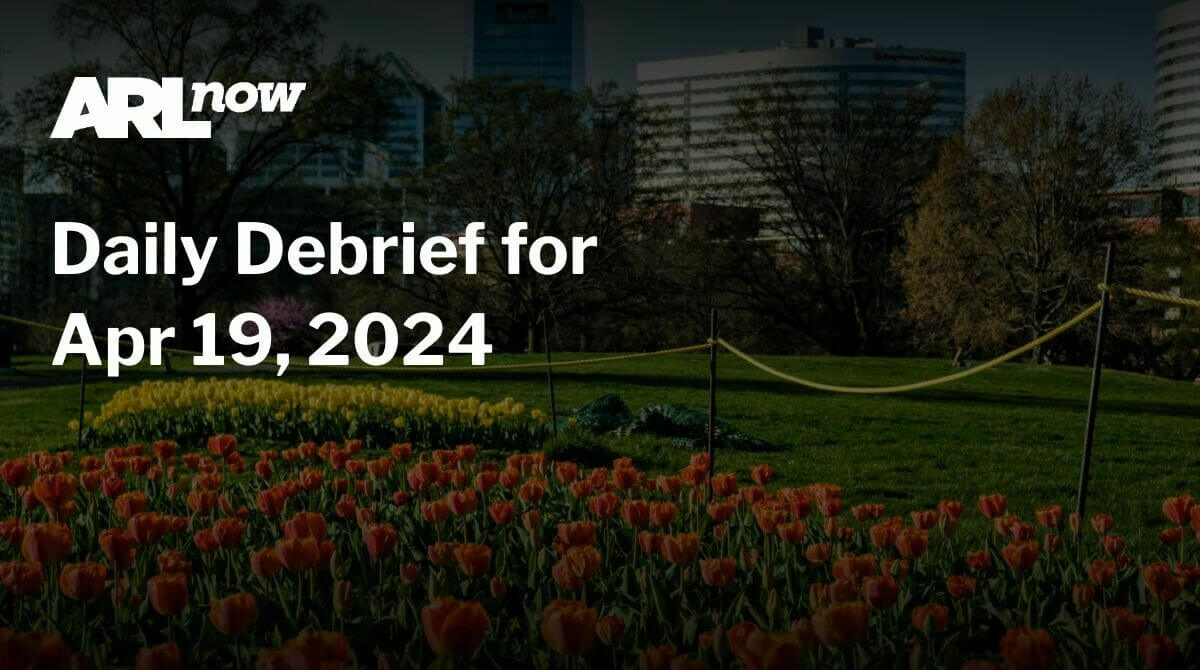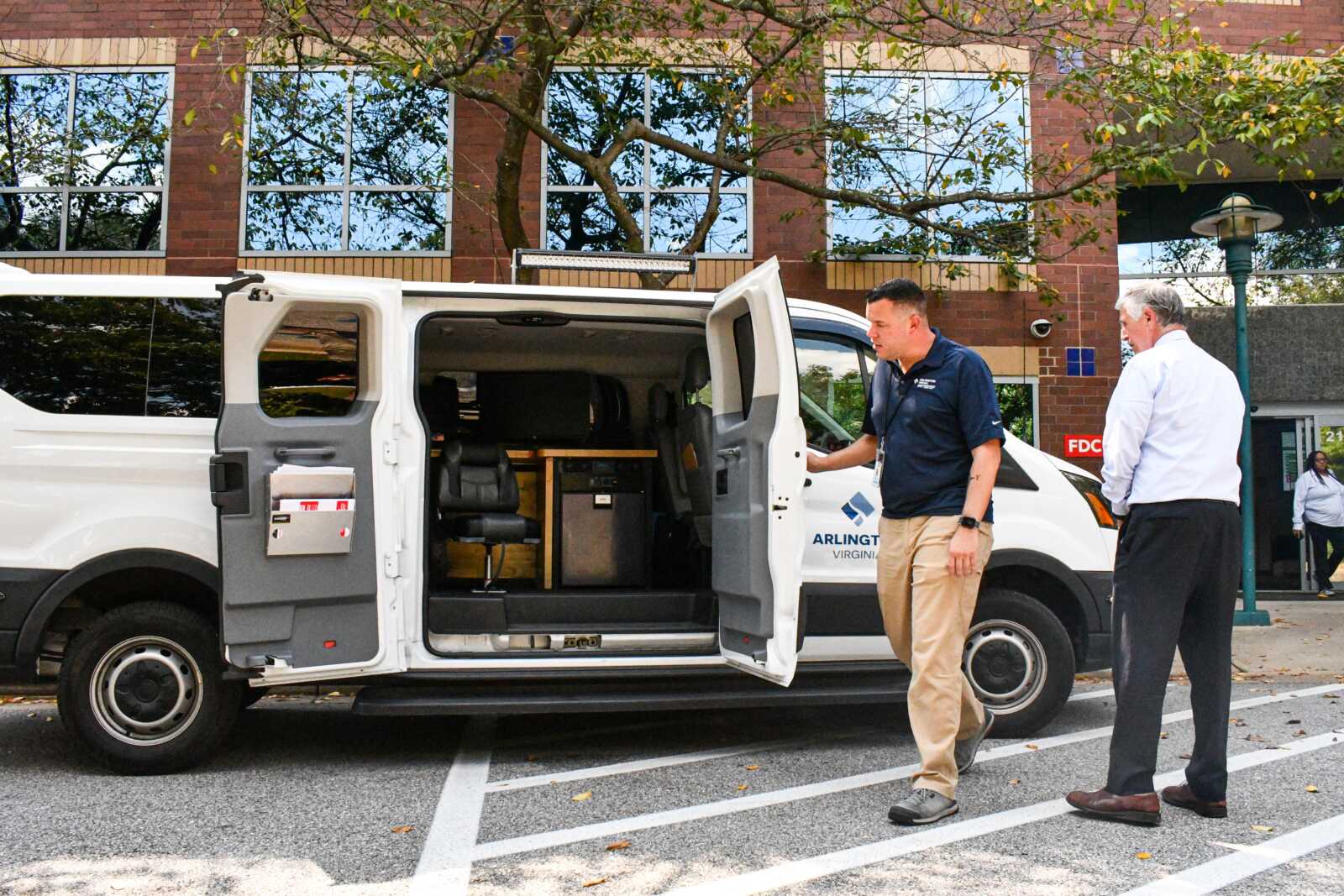 Peter’s Take is a weekly opinion column. The views and opinions expressed in this column are those of the author and do not necessarily reflect the views of ARLnow.com.
Peter’s Take is a weekly opinion column. The views and opinions expressed in this column are those of the author and do not necessarily reflect the views of ARLnow.com.
Former Gov. Bob McDonnell’s conviction for having violated a federal bribery law spurred some small reforms to Virginia’s ethics laws, including a $100 cap on gifts to state legislators.
In 2016, the U.S. Supreme Court, on somewhat narrow and technical grounds, overturned McDonnell’s conviction, ruling that his conduct didn’t violate the applicable federal bribery law.
However, even after the Supreme Court’s McDonnell decision, states like Virginia retained the power to enact state ethics laws. Virginia can decide whether politicians who do things like McDonnell did should be:
- excused for doing something that is just part of the old-school “Virginia way,” or
- subject to significant penalties for doing something that the community and a new legislative majority now believes is a conflict of interest or corrupt
We need further, more significant campaign finance and ethics reforms, but efforts to get them have failed so far. In the 2016 and 2017 legislative sessions, when Democrats held only 34 seats in the Virginia House of Delegates (HOD), no such reforms were passed. And, even in the wake of the major Democratic HOD legislative gains in 2017, more significant reforms have been blocked by slim Republican majorities.
Democrats will need to take control of both legislative chambers this year to enable significant reforms to pass in 2020.
Campaign Finance Reform
In the recently concluded Democratic primaries for Commonwealth’s Attorney in Arlington and Fairfax counties, a PAC funded by George Soros contributed nearly $1 million dollars to the successful challengers. These contributions were legal under Virginia’s current campaign finance laws.
Our laws contain no campaign contribution limits.
Virginia’s campaign finance laws have been ranked 47th out of 50 in America, and received a grade of “F” from a State Integrity Investigation.
Three Democratic legislators (including Arlington Delegate Patrick Hope (D-47)) recently announced that they intend to introduce new legislation in the 2020 session substantially to reform these laws.
Their legislation will be modeled after an unsuccessful bill introduced in the 2019 session, and would “prohibit individuals and political action committees from making any single contribution, or any combination of contributions, that exceeds $10,000 to any one candidate” for statewide, General Assembly, or local offices, “of which no more than $5,000 may be contributed for the primary or other nominating event for the office the candidate is seeking.”
But wouldn’t such contribution limits violate the U. S. Supreme Court’s Citizens United decision? Maybe not. Earlier this year, the Supreme Court declined to review a Court of Appeals ruling upholding Montana’s state campaign contribution limits. The Court of Appeals rejected a claim that Montana’s campaign contribution limits violated Citizens United.
The proposed new Virginia legislation co-sponsored by Delegate Hope would be a significant and desirable reform. But it is unlikely to pass unless Democrats take control of both legislative chambers this November.
Other Ethics Reforms
Virginia’s current Ethics Advisory Council lacks critical enforcement powers.
Virginia needs a new ethics body with the:
- resources to conduct investigations
- power to assess fines for violations
- authority to make referrals to the Attorney General or other prosecutors
Virginia should create a new, independent Ethics Review Commission with teeth, including subpoena and enforcement powers. Other states, including Massachusetts, South Carolina, and Pennsylvania have these kinds of ethics commissions.
For example, the Massachusetts Ethics Commission can impose the following penalties:
- a civil penalty of up to $10,000 for each violation of the conflict of interest law or the financial disclosure law
- a maximum civil penalty of $25,000 for bribery
By carefully studying the different ethics commission models established in these and other states, Virginia legislators can and should find a model that combines effective enforcement power with safeguards against partisan abuse.
Conclusion
Significant further reforms in campaign finance and ethical practices are long overdue at every level of Virginia government. Efforts to enact such reforms have been blocked for many years by Republicans in the Virginia legislature. If Democrats can take control of both legislative chambers in 2019, these needed reforms can and should be enacted.
Peter Rousselot previously served as Chair of the Fiscal Affairs Advisory Commission (FAAC) to the Arlington County Board and as Co-Chair of the Advisory Council on Instruction (ACI) to the Arlington School Board. He is also a former Chair of the Arlington County Democratic Committee (ACDC) and a former member of the Central Committee of the Democratic Party of Virginia (DPVA). He currently serves as a board member of the Together Virginia PAC-a political action committee dedicated to identifying, helping and advising Democratic candidates in rural Virginia.
Recent Stories

For Immediate Release
Progress for All Announces Inaugural Black Men Vote Virtual Town Hall
Date: April 19, 2024
Contact: Marc M. M. Peters

The Award is available to recent high school graduates and non-traditional students (see the application for more details). Each recipient may be awarded up to $20,000. Applicants are required to submit an online application form as well as a short video application.
The applicant must be an Arlington resident pursuing a career or technical education accredited program, within a high-growth career, that will be completed within two years.
The careers and programs include, but are not limited to:
-
Audio, Video, and Sound Engineering Technicians
-
Broadcast Technicians
-
Commercial Drivers
-
Culinary Arts
-
Early Childcare Education
-
Healthcare
-
Information Technology and Computer Science
-
Manufacturing and Skilled Trades (including welding, auto and aviation mechanics and technicians)
-
Public Safety
ACFCU’s Free Homebuying 101 Webinar: Steps to Getting Pre-Approved
Are you ready to jump into homeownership, or have you started considering it but don’t know where to start?
Financial preparation is key when thinking about purchasing your first home and the first step to getting pre-approved. Join ACFCU for
Sweeney Todd
A victim of a gross injustice that robbed him of his wife and child, Sweeney Todd sets about exacting a terrible revenge on society.







